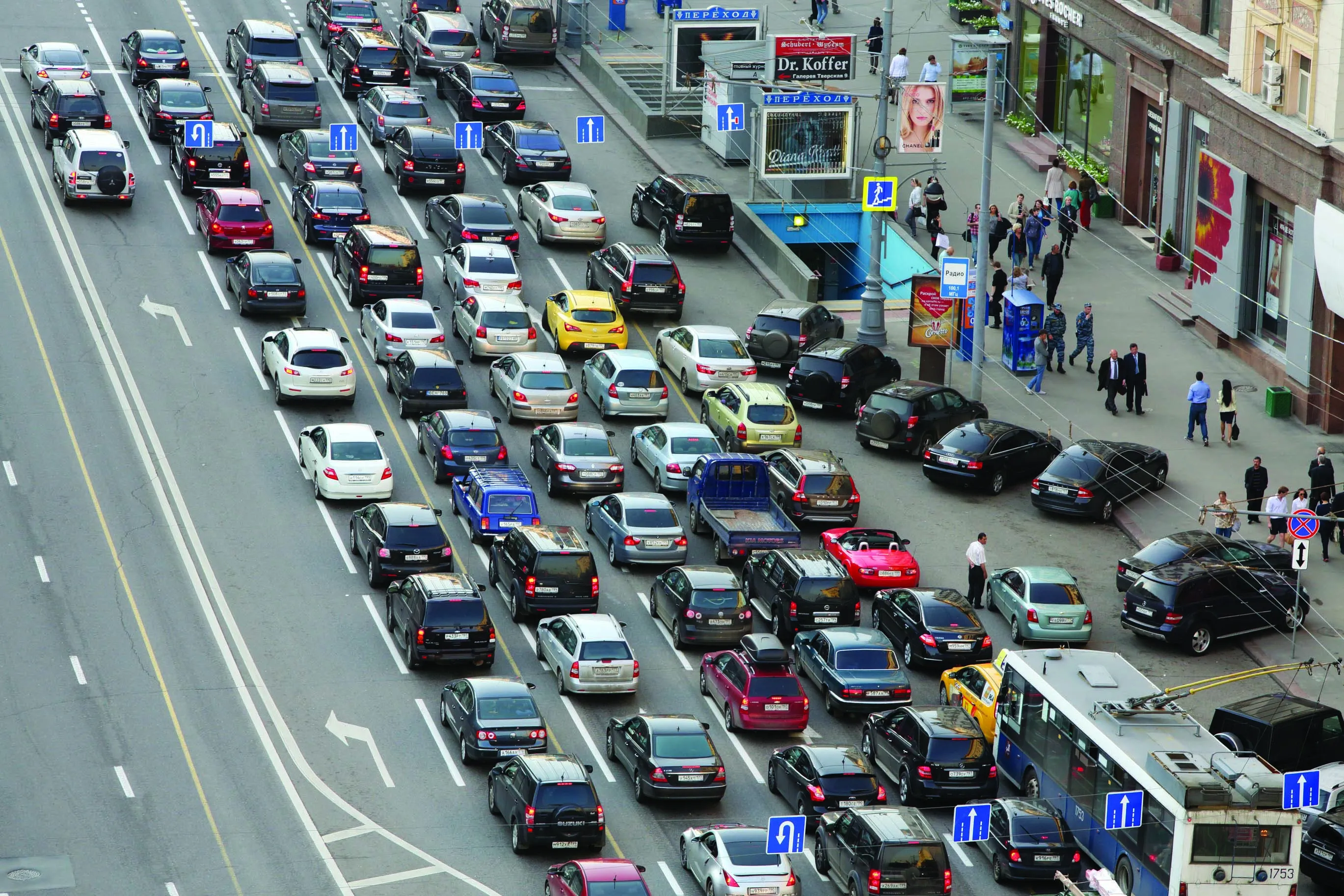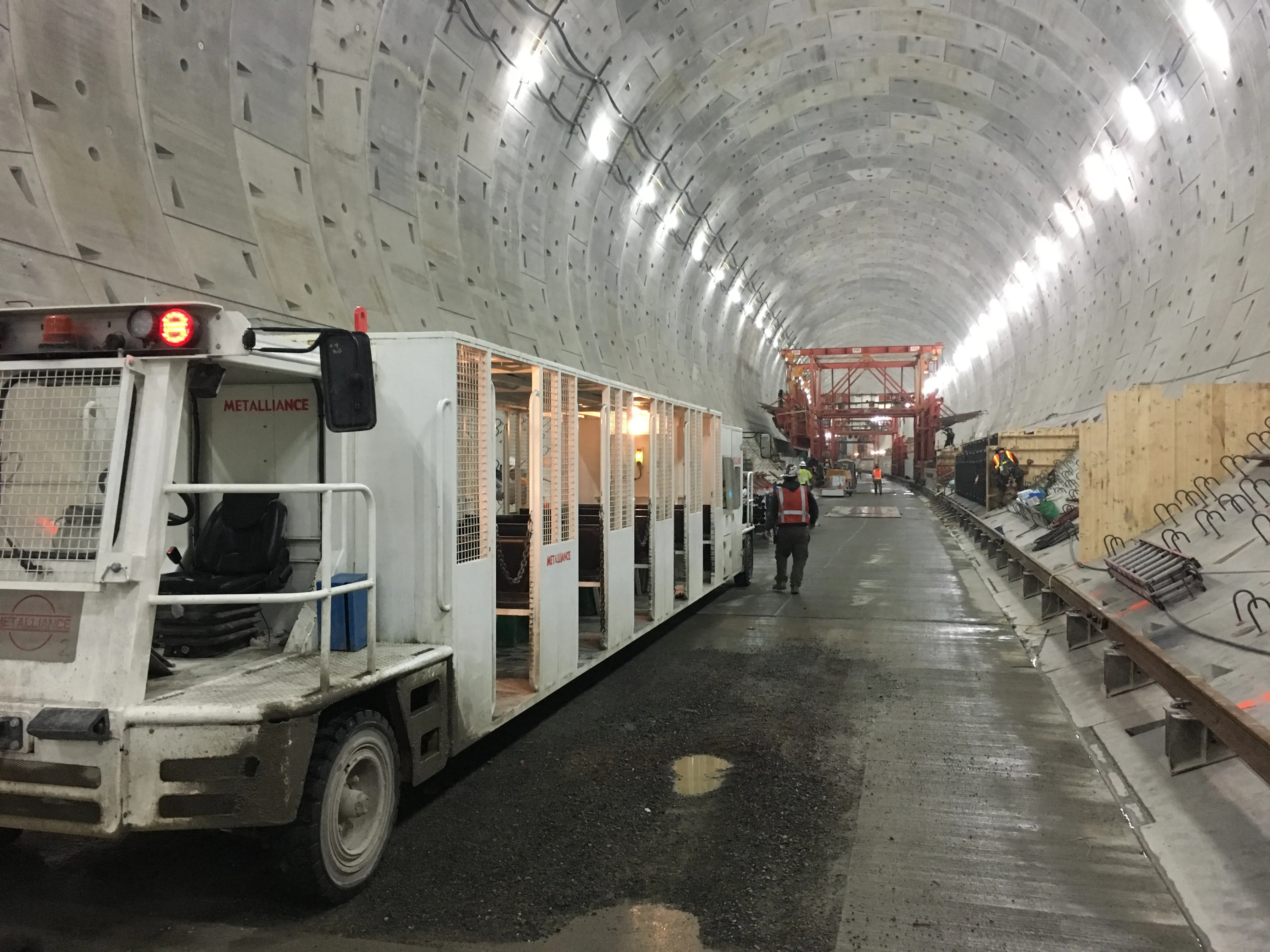A majority of Americans believe new transportation projects should be paid for with user-fees instead of tax increases, according to a new national Reason-Rupe poll of 1,200 adults on cell phones and land lines.
May 2, 2012
Read time: 2 mins
A majority of Americans believe new transportation projects should be paid for with user-fees instead of tax increases, according to a new national Reason-Rupe poll of 1,200 adults on cell phones and land lines.
The Reason-Rupe poll finds 77 per cent of Americans oppose increasing the federal gas tax, while just 19 per cent favour raising the tax, which is currently 18.4 cents a gallon. The public thinks the government wastes the gas tax money it already receives. Sixty-five per cent say the government spends transportation funding ineffectively, and just 23 say money is spent effectively.
The survey shows Americans believe new roads and highways should be paid for by the people driving on them: 58 per cent of Americans say new roads and highways should be funded by tolls. Twenty-eight per cent say new road capacity should be paid for by tax increases.
The Reason-Rupe poll finds broad support for user-fees. If a toll road would save drivers a ‘significant’ amount of time, 59 per cent of Americans say they would pay to use it. And 57 per cent favour converting carpool lanes, or high-occupancy vehicle (HOV) lanes, into high-occupancy toll (HOT) lanes. Voters are much-less supportive of variably-priced toll lanes, however. Half of those surveyed oppose, and 39 per cent favour, variably-priced tolls that rise and fall with traffic levels.
In terms of transportation spending priorities, 62 per cent want to prioritise funding for road and highway projects, while 30 per cent want to prioritise funding for mass transit projects.
The Reason-Rupe poll finds 77 per cent of Americans oppose increasing the federal gas tax, while just 19 per cent favour raising the tax, which is currently 18.4 cents a gallon. The public thinks the government wastes the gas tax money it already receives. Sixty-five per cent say the government spends transportation funding ineffectively, and just 23 say money is spent effectively.
The survey shows Americans believe new roads and highways should be paid for by the people driving on them: 58 per cent of Americans say new roads and highways should be funded by tolls. Twenty-eight per cent say new road capacity should be paid for by tax increases.
The Reason-Rupe poll finds broad support for user-fees. If a toll road would save drivers a ‘significant’ amount of time, 59 per cent of Americans say they would pay to use it. And 57 per cent favour converting carpool lanes, or high-occupancy vehicle (HOV) lanes, into high-occupancy toll (HOT) lanes. Voters are much-less supportive of variably-priced toll lanes, however. Half of those surveyed oppose, and 39 per cent favour, variably-priced tolls that rise and fall with traffic levels.
In terms of transportation spending priorities, 62 per cent want to prioritise funding for road and highway projects, while 30 per cent want to prioritise funding for mass transit projects.








